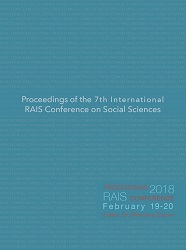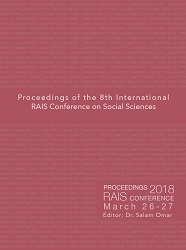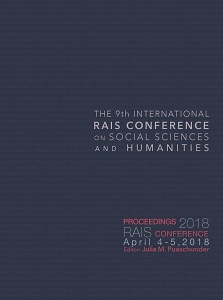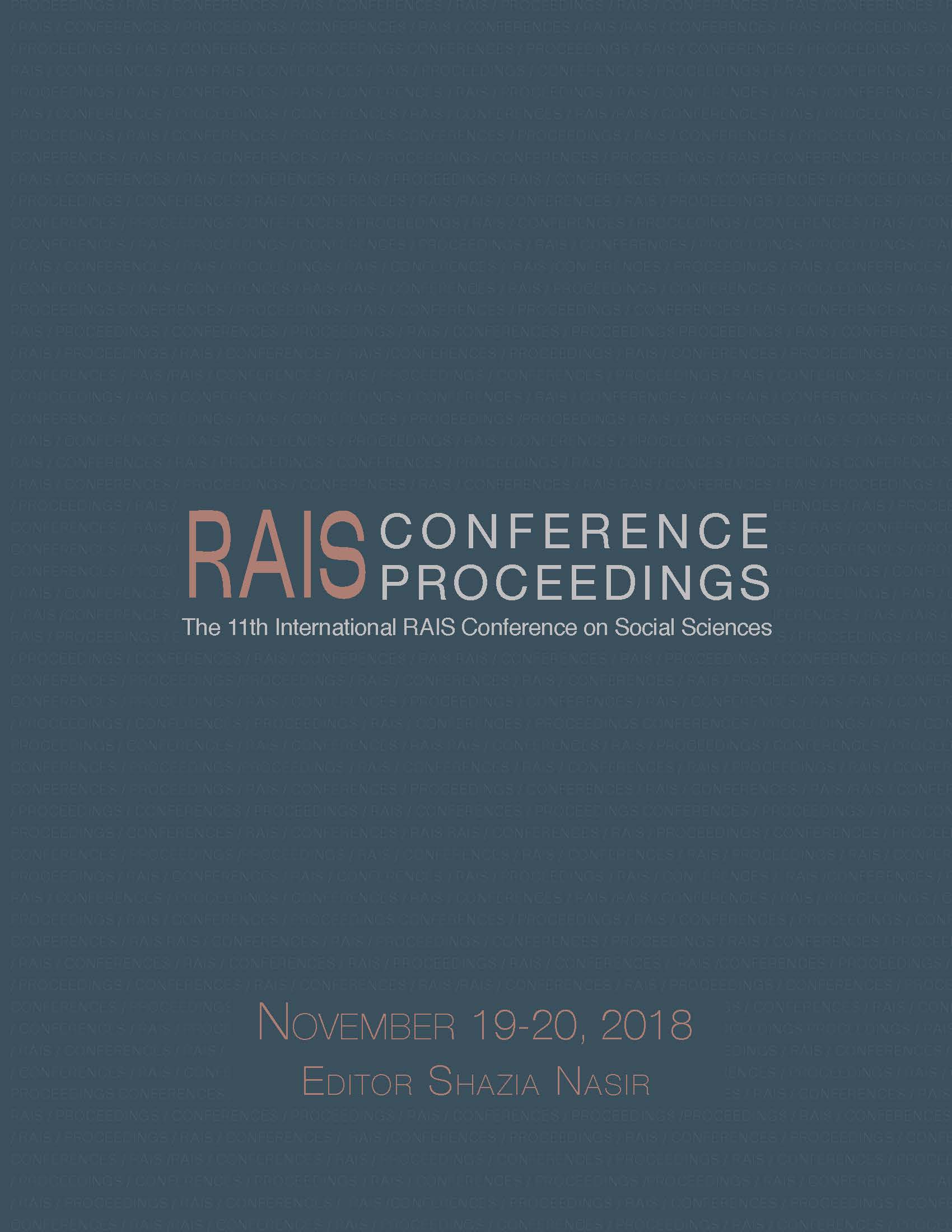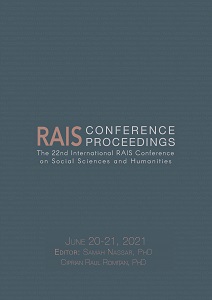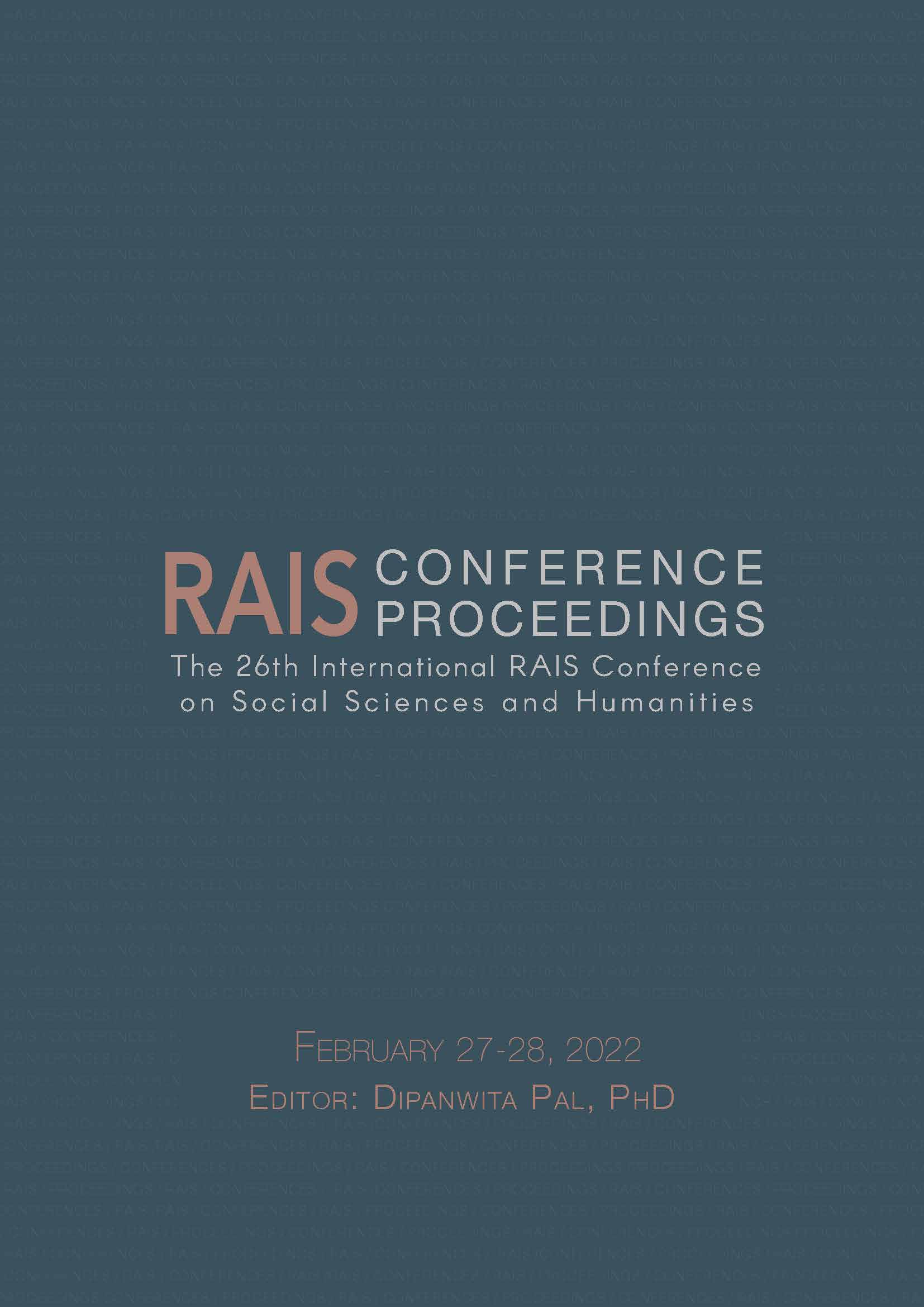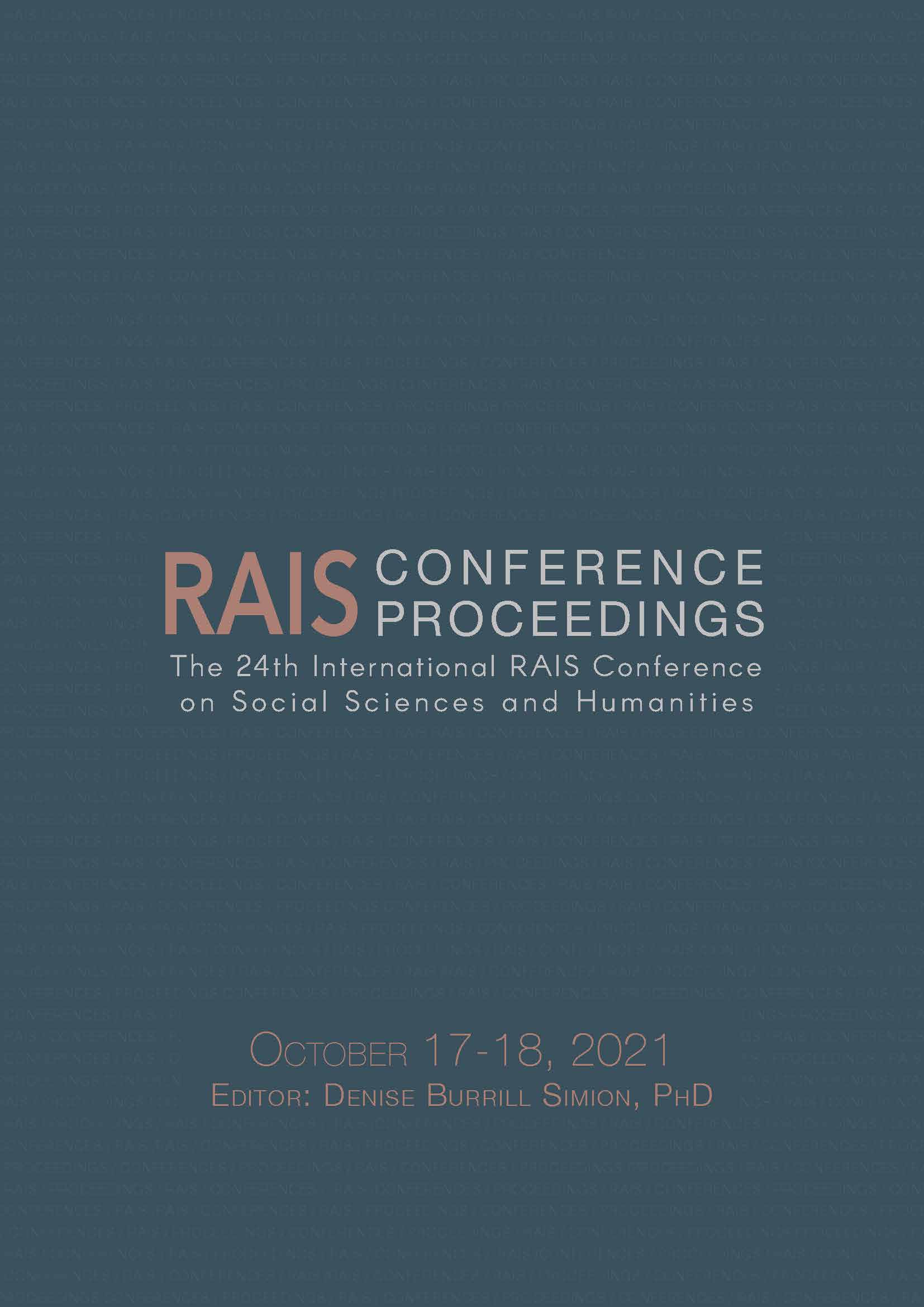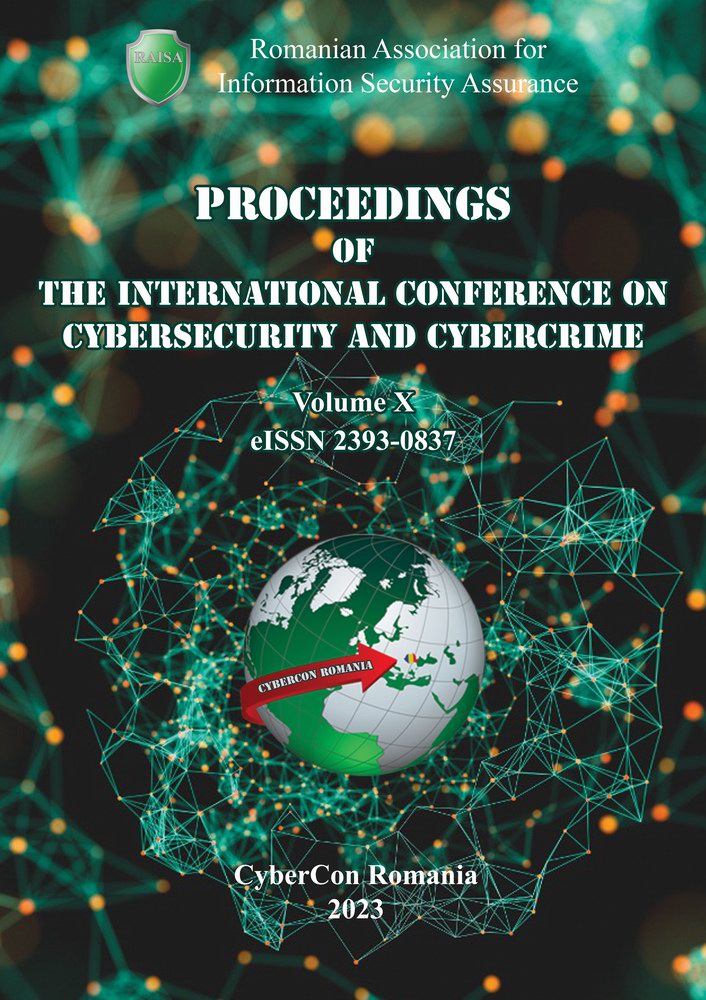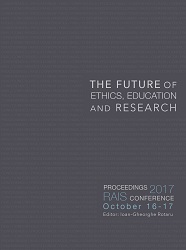
Juxtaposition of Eastern Management Styles and practices with Modern Management System and Concepts
Juxtaposition of Eastern Management Styles and practices with Modern Management System and Concepts
Keywords: Culture; Entrepreneur; Ethics; Globalization; Leadership; Management; Organization
This paper presents an analysis of the Indian management concepts in view of the changing world order while establishing their inter relatedness with the theories and practices developed in the West. Being followed by the leaders and entrepreneurs of the country right since the Vedic ages, the ancient Indians had developed their own management systems with the help of which they successfully carried out their business affairs. It is the hypothesis that the practices thus cultured and the concepts thus evolved, are relevant across the boundaries of time and space, and shall be immensely helpful for the organizations of the west as well. In this paper they have examined the organizational and other managerial skills in the works of spiritual- social reformers and other political leaders fromIndia. The Indian perspective on management is based on the Purushartha (a key concept and denotes the four proper aims of a human life). It was the base model of management in ancient time which has been followed by management thinkers and leaders of India.
More...
